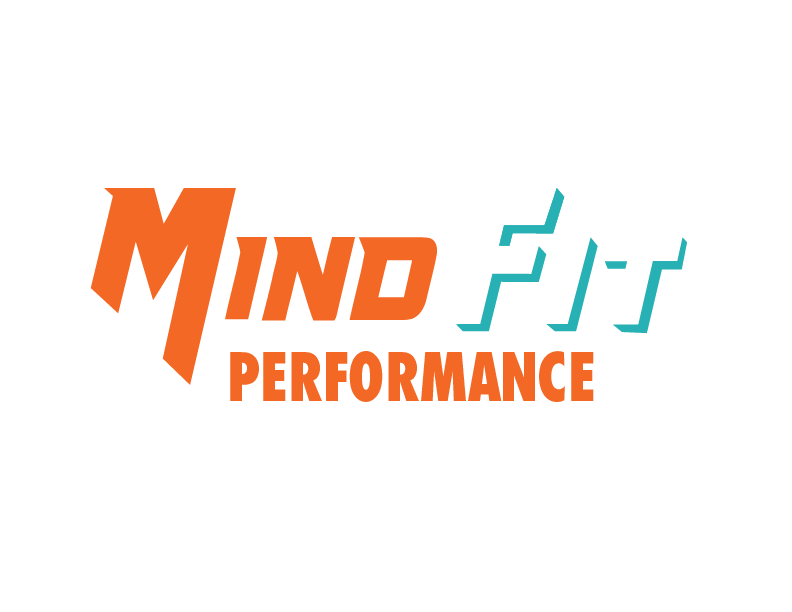My Parents Don't Understand Me
I’ve had many conversations over the years where I’ve heard these statements:
From youth: “My parents don’t understand me.”
From parents: “I don’t understand my daughter/son,”
One of the challenges is that youth/teenagers don’t yet understand themselves, so it can become hard for them to articulate what they are experiencing or for you to know how to empathize with them. It can feel a little like riding on a roller coaster at times. It’s helpful for them to first do the work to understand themselves before they can seek help. But since sometimes that hasn’t happened yet, it might leave you asking what you can do to not only understand their experience, but support them on their journey.
This roller coaster can be challenging for both you and your kid. In some ways, it might feel harder for parents because while neither of you may know what to do, you feel the responsibility of having the answers for your child. What we as adults want is a rational conversation, but what we get is an emotionally charged outburst.
Youth brain development plays a major role in the roller coaster effect. The area of the brain that is responsible for rational thinking, the prefrontal cortex, and the area of the brain known as the emotion center, the amygdala, have not yet fully connected. What this means is that youth operate primarily from an emotional place most of the time. They do not yet have the ability to think critically or rationally like their parents or the adults in their lives. Those connections won't be fully formed until they are roughly 25 years old on average, and even then will continue developing as they experience life.
Here’s a sports example I hear about from parents a lot with their youngsters:
One day: I hate baseball, I want to quit.
The next day: I had fun today, I love baseball.
This pattern can seem ridiculous to you as a parent - you might say things in response like, ‘you don’t hate it, you love it!’ And while deep down you might believe this to be true, ignoring the emotions your child is experiencing can actually hurt more than it helps.
So, what can you do? First, take a deep breath. Listen to as much as they are willing to share with a curious ear and be genuine in hearing them out. Chances are, they need the outlet to work through their emotions, and by gently helping them work through them while exploring other ways to think about the situation, you are showing them a healthy way to work through what they feel and helping them build resilience.
Resilience is a crucial skill for kids to learn - and it can be developed by learning that difficult feelings pass with time. Offering your non-judgmental ear can help them feel secure in sharing and processing their feelings, and can help them normalize emotions without guilt or shame as part of the learning process. The emotional roller coaster of going back and forth and back again is actually exactly where they need to be.
Sometimes youth feel like their parents don’t understand them.
Sometimes parents feel like they don’t understand their youth.
I do. Let me talk to them. Or set up some time so you and I can chat. As hard as it can feel at times, you can get through this. And you will. I’m here to help deepen the understanding between your youth’s experience and your parental understanding.
Get in touch so we can work together to help bridge the gap and help you and your child understand each other on an even deeper level!
